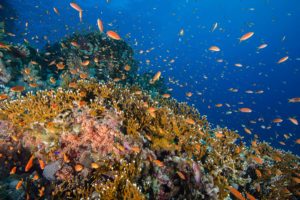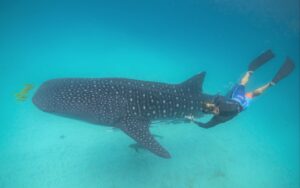
Deep dive into marine biotech
Flinders University researchers are among some of the world’s leading marine biotech scientists gathering in Adelaide. They will discuss the latest developments in first-generation fisheries, second-gen […]

Flinders University researchers are among some of the world’s leading marine biotech scientists gathering in Adelaide. They will discuss the latest developments in first-generation fisheries, second-gen […]

Physics and groundwater experts from Flinders University will play key roles in the new multinational Global Hydrogen Production Technologies (HyPT) Centre. The centre will focus on […]

Koala populations have been decimated by bushfires in recent years – and researchers are forecasting that bushfires will threaten them and their habitat even more in […]

A global database set up by scientists to assemble data on the economic cost of biological invasions in support of effective government management strategies has grown […]

The futuristic Flinders Automotive Solar Team (FAST) entry in this year’s Bridgestone World Solar Challenge is set to showcase some pioneering prototype features for sustainable passenger […]

A Flinders University researcher delving into the future workplace asks why we think of robots rather than computers when we consider who will take over jobs […]

Koalas are endangered in much of Australia now but in in the past there were multiple species living across the continent. The discovery of an ancient […]

Every year about 1.7 million heart pacemakers are fitted globally, with more than 30,000 in Australia helping to dramatically improve recipients’ health expectations. Now a South […]

Loss of habitat and human activities such as fishing and shipping pose a grave threat to wildlife but diseases driven by the smallest organisms in the […]